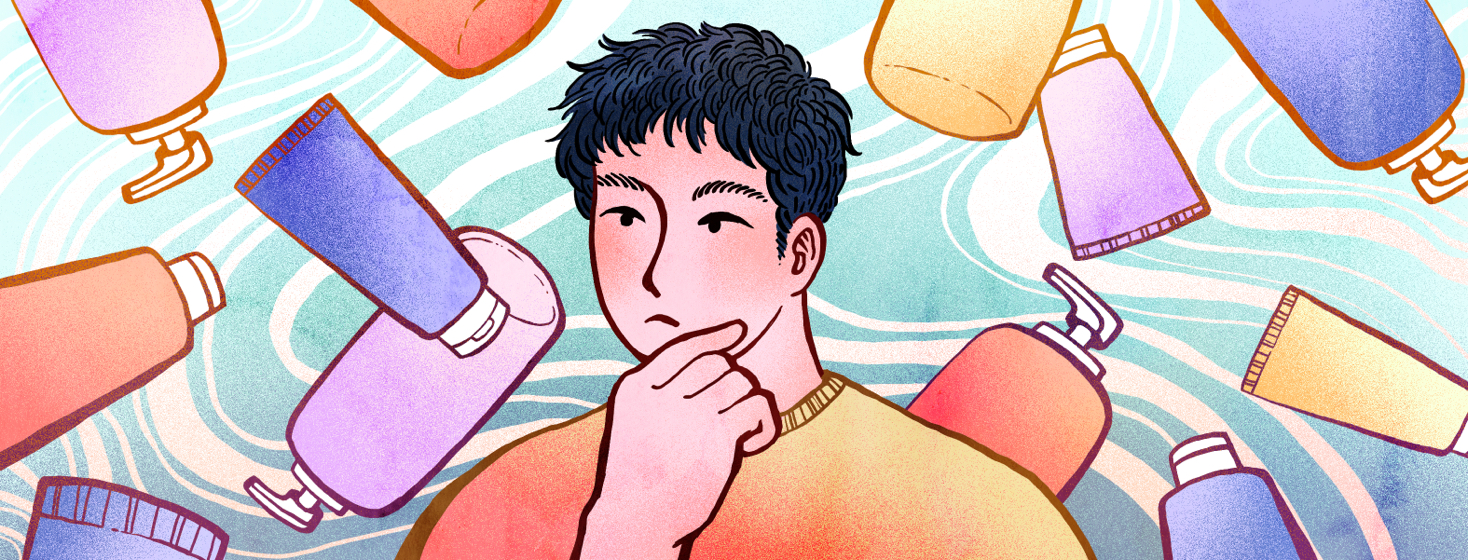How Do I Know If My Cosmetics Are Safe to Use?
If you have ever used a product to make yourself cleaner or more appealing, then you have likely used a cosmetic.
You may wonder how the federal government makes sure these products are safe. You may also wonder what steps you can take to protect yourself. Here is a closer look at cosmetic safety.
Cosmetic safety and the FDA
The US Food and Drug Administration (FDA) defines a cosmetic as any product you apply to your body to cleanse it or make it more attractive. Cosmetics include things like makeup, nail polish, deodorant, perfume, shampoo, and more.1
The FDA usually approves products sold to consumers, like drugs and medical devices. But the agency is not required to approve most cosmetics. Instead, those who produce and market cosmetics must make sure they are safe.
The FDA does regulate cosmetic safety and labeling. If a product’s label is false or misleading or its ingredients are unsafe, the FDA can request a product recall or take court action.
Cosmetic safety tips
How can consumers protect themselves when using cosmetics? Here are some tips for safely using these products:2,3
- Discard suspicious products: Throw away cosmetics that look or smell odd.
- Study product labels: Look out for any warnings and follow the label instructions.
- Practice hand hygiene: Before and after you apply a product, thoroughly wash your hands.
- Keep makeup to yourself: Sharing makeup means swapping germs with someone else. Be especially careful with makeup testers at retail stores that multiple people use. Ask for an applicator that is used once, like a cotton swab.
- Take care of containers: Close them securely, keep them clean, and make sure they do not get too hot or cold.
- Be careful with aerosols: Spraying aerosols near an open flame is a fire risk. Instead, use them in an area where air can circulate.
Cosmetics label terms
Here is a look at some of the terms you may see on cosmetics labels and what they mean for your safety:2
- Hypoallergenic: There is no regulated definition for the term “hypoallergenic.” The product may still cause an allergic reaction.
- Organic or natural: A product that claims to be “natural” or “organic” is not automatically safe. The US Department of Agriculture (USDA) determines which products are organic. But organic products are not required to be safer than other products, just made without certain chemicals. Likewise, there is no regulated meaning for the word “natural.”
- Expiration dates: Cosmetics are not required to include an expiration date. So it is up to you to keep an eye on your product’s age. Consider marking the date you open it on the container.
How to notify the FDA of a cosmetic problem
The FDA does not approve cosmetics before they are sold in stores. But it does track reports of injuries and other problems caused by cosmetics. Before filing a report, stop using the product right away. You should also contact your healthcare provider if you have been injured.2
Contact the FDA if you:
- Get a rash, redness, burn, or other reaction you were not expecting
- Observe an issue with the product like an unpleasant odor, color change, or unknown material
There is more than 1 way to file a report with the FDA. You can contact the FDA’s reporting program, MedWatch, online or by calling 1-800-FDA-1088. You can also contact the consumer complaint coordinator in your state.

Join the conversation